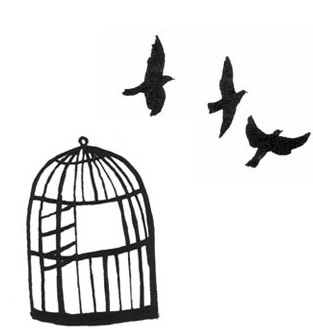
Described as one of the most important human rights activists in the world, Helen Bamber is still campaigning at the age of 83, saying she doesn’t feel able to retire when there are still people needing her help
Bamber believes the world is divided into two types, bystanders who see only what they want to see, and proper witnesses who observe and record the truth. She was one of the early members of Amnesty International, driven to expose torture practices worldwide, and she set up the Medical Foundation for the Care of Victims of Torture before stepping down in 2005 to concentrate on her patients at the The Helen Bamber Foundation
‘It is deeply disturbing that at the beginning of the 21st century, our capacity to commit atrocities against our fellow human beings remains undiminished,’ says Bamber, lamenting that many people seeking asylum are met with indifference or hostility.
‘We are becoming increasingly wary of outsiders. We shy away from their suffering. We suspect their motives. However, the measure of our humanity is reflected in the way we treat strangers - especially strangers so damaged and brutalised they can barely function. We must recognize our fear and not let it hinder offering assistance. The key question is - how can we work together to create the human and social changes needed to make a better world? The answer rests in our commitment to listening and learning from those whose suffering we find the most difficult to face,’ she says.
Helen Bamber is famous for her unstoppable spirit and passion for life although her biographer, Neil Belton, says she remains an enigma to him. ‘Most activists I’ve known don’t retain the humour and human sympathy she brings to her work, the ability to focus on individuals. There’s a side that’s just the grimly dedicated campaigner, but another that brings a great deal of joy and light.’
When Helen Bamber was a small child her Jewish father used to read to her from Hitler's Mein Kampf to remind her of the evil in the world. Although Judaism has been important to her life, she says that doesn’t make her a believer. ‘I must believe in something’ she told The Guardian. ’I suspect that it's believing that even though I see a great deal of evil, there's something very good to be retrieved from people.’
